Home

Periods

How Many Days After IUI Should I Get My Period: Understanding the Timeline
In this Article

Periods
How Many Days After IUI Should I Get My Period: Understanding the Timeline
Updated on 25 July 2023
Bringing a child into this world is a journey filled with hope, anticipation, and a rollercoaster of emotions. For couples undergoing intrauterine insemination (IUI), every passing day after the procedure holds the potential for life-changing news. The question that lingers in many minds is, "How many days after IUI should I get my period?" This seemingly simple inquiry carries a weight of emotions, as it holds the key to their dreams of parenthood.
In this article, we delve into the timeline following IUI, exploring the signs, symptoms, and expectations that accompany this transformative period. So, let us embark on this journey together, unraveling the mysteries of the post-IUI timeline and providing solace to those eagerly awaiting their dreams to come true.
How many days after IUI should I get my period?
If a woman gets her period after an Intrauterine Insemination (IUI), it typically indicates that the IUI procedure was not successful in achieving pregnancy during that cycle. The menstrual period is a result of uterine lining shedding because no fertilized egg is implanted in the uterus.
The length of time it takes for the first period after failed IUI to arrive can vary from woman to woman. On average, most women can expect their period to start within 14 days after the IUI procedure if they don’t conceive.
However, it's important to note that this is just an estimate, and there can be significant variation. Some women may experience their period a few days earlier or later than the average timeframe.
You may also like : How Long Does it Take to Get Pregnant with an IUI Procedure (Intrauterine Insemination)?
What factors can affect the timing of your period after IUI?
Several factors can influence how many days after IUI do you get period, such as:
1. Ovulation
One of the primary factors is the timing of the IUI procedure in relation to ovulation. If the IUI is performed too close to ovulation, it can cause a shorter luteal phase, which is the time between ovulation and the start of your period. This can result in your period arriving earlier than expected.
2. Fertility medications
Another factor that can affect the timing of your period is the use of fertility medications during the IUI cycle. These medications can alter your hormone levels and disrupt your usual menstrual cycle. As a result, your period may be delayed or arrive earlier than anticipated.
3. Presence of menstrual irregularities
The presence of menstrual irregularities before getting an IUI procedure can also affect the regularity of the menstrual cycle, leading to variations in the timing of the period.
What are the reasons for delay in periods after IUI?
While it's common for women to experience their period within the expected timeframe after IUI, there are instances where the period may be delayed. One possible reason for a delay in your period is pregnancy. If you conceive during the IUI cycle, your period will not arrive as expected. It's important to take a pregnancy test if your period is significantly delayed to rule out pregnancy.
Stress and anxiety can also play a role in delaying your period. The emotional rollercoaster of fertility treatments can take a toll on your body, leading to hormonal imbalances that can disrupt your menstrual cycle. Additionally, certain medical conditions or underlying health issues can cause irregular periods or delays in menstruation.
You may also like : Are IUI (Intrauterine Insemination) Babies Normal?
How is the first period after failed IUI?
Experiencing a failed IUI can be emotionally challenging, and the first period after a failed attempt can be difficult to navigate. It's important to understand that your first period after a failed IUI may be different from your typical menstrual cycle. You may experience heavier or lighter bleeding, more intense cramping, or a change in the duration of your period.
It's normal for your body to take some time to readjust after a failed IUI. Your hormone levels may need time to stabilize, which can affect the characteristics of your period. If you have concerns or questions about your first period after a failed IUI, it's always best to consult with your healthcare provider.
When to seek medical advice if your period is delayed after IUI?
While it's common for your period to be slightly delayed after IUI, there are instances where a significant delay may warrant medical attention. If it’s been 20 days after IUI, no period may require you to contact your healthcare provider. They can evaluate your individual situation and determine the reasons for delay in periods after IUI and recommend further testing or intervention.
It's also important to seek medical advice if you experience severe pain, heavy bleeding, or other unusual symptoms during your period after IUI. These symptoms can indicate an underlying issue that requires medical attention.
FAQ’s
1. Can you get your period after IUI and still be pregnant?
In some cases, it is possible to get your period after IUI and still be pregnant. This can happen if implantation occurs later than expected, causing bleeding that is mistaken for a period. It's important to note that this is not common, but it is a possibility.
If you experience bleeding that resembles your period after IUI but have other signs of pregnancy, such as breast tenderness or fatigue, it's recommended to take a pregnancy test to rule out pregnancy. If you have any doubts or concerns, it's always best to consult with your healthcare provider.
2. What to do after failed IUI?
Experiencing a failed IUI can be disheartening, but it's important to remember that there are alternative options available. After a failed IUI, it's recommended to take some time to emotionally heal and discuss your next steps with your healthcare provider.
Remember to be kind to yourself during this time and seek support from loved ones or support groups if needed. Fertility treatments can be emotionally challenging, but there is always hope for building a family.
Conclusion
Understanding the timeline after IUI can help alleviate some of the anxiety and uncertainty associated with questions like, how many days after IUI should I get my period. While it's common for your period to arrive within 14 days after IUI, there can be significant variation. Factors such as the timing of the IUI procedure, the use of fertility medications, and individual health factors can all influence when your first period after failed IUI will start. If your period is significantly delayed or if you have concerns, it's always best to consult with your healthcare provider. Remember to take care of yourself during this time and seek support if needed.
References
1. Kucuk T. (2008). Intrauterine insemination: is the timing correct? J Assist Reprod Genet. NCBI
2. Kamath MS, Bhave P, Aleyamma T, Nair R, Chandy A, Mangalaraj AM. (2010). Predictive factors for pregnancy after intrauterine insemination: A prospective study of factors affecting outcome. J Hum Reprod Sci. NCBI



Written by
Anandita Sharma
Drawing on more than a decade of expertise in administration, Anandita Sharma currently serves as a content operations e
Read MoreGet baby's diet chart, and growth tips

Related Articles
Related Questions
Hello frnds..still no pain...doctor said head fix nhi hua hai..bt vagina me pain hai aur back pain bhi... anyone having same issues??

Kon kon c chije aisi hai jo pregnancy mei gas acidity jalan karti hain... Koi btayega plz bcz mujhe aksar khane ke baad hi samagh aata hai ki is chij se gas acidity jalan ho gyi hai. Please share your knowledge

I am 13 week pregnancy. Anyone having Storione-xt tablet. It better to have morning or night ???

Hlo to be moms....i hv a query...in my 9.5 wk i feel body joint pain like in ankle, knee, wrist, shoulder, toes....pain intensity is high...i cnt sleep....what should i do pls help....cn i cosult my doc.

Influenza and boostrix injection kisiko laga hai kya 8 month pregnancy me and q lagta hai ye plz reply me

RECENTLY PUBLISHED ARTICLES
our most recent articles
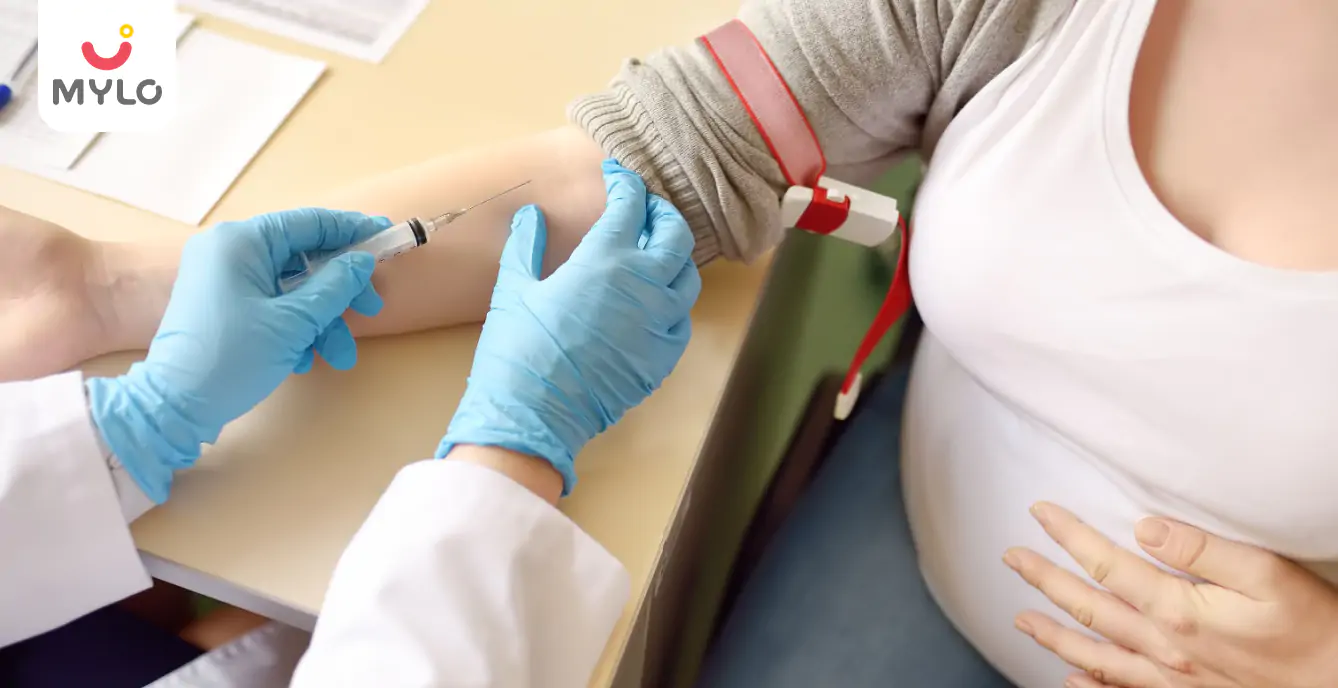
Scans & Tests
An Expecting Mother's Guide to Glucose Tolerance Test (GTT)
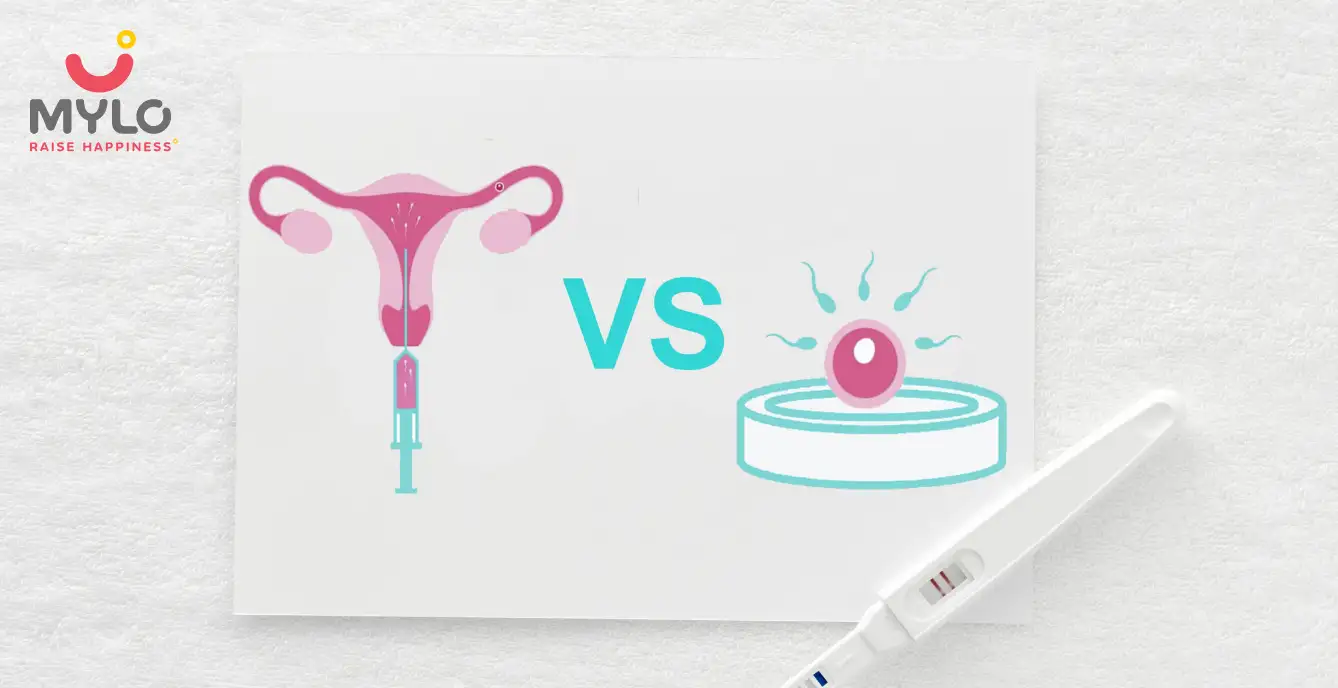
In Vitro Fertilization (IVF)
Difference Between IUI and IVF: Which is Better for You?
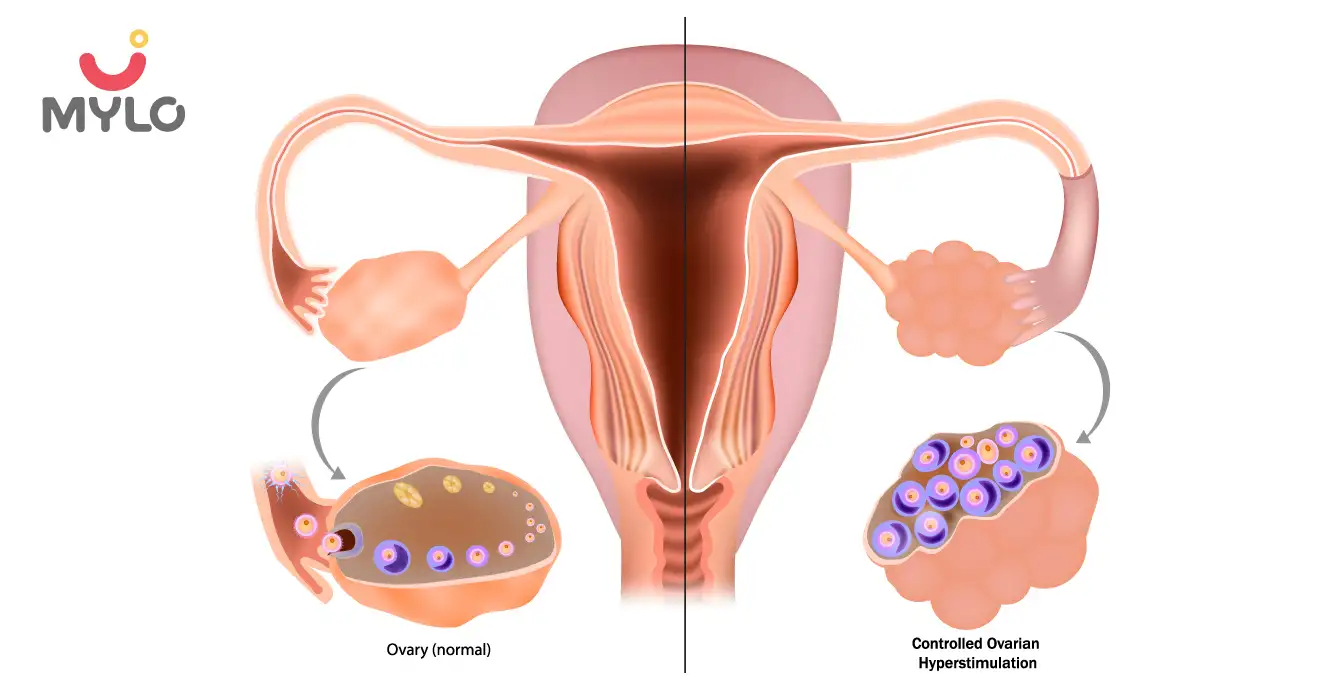
In Vitro Fertilization (IVF)
Ovarian Stimulation: Understanding the Process and What to Expect
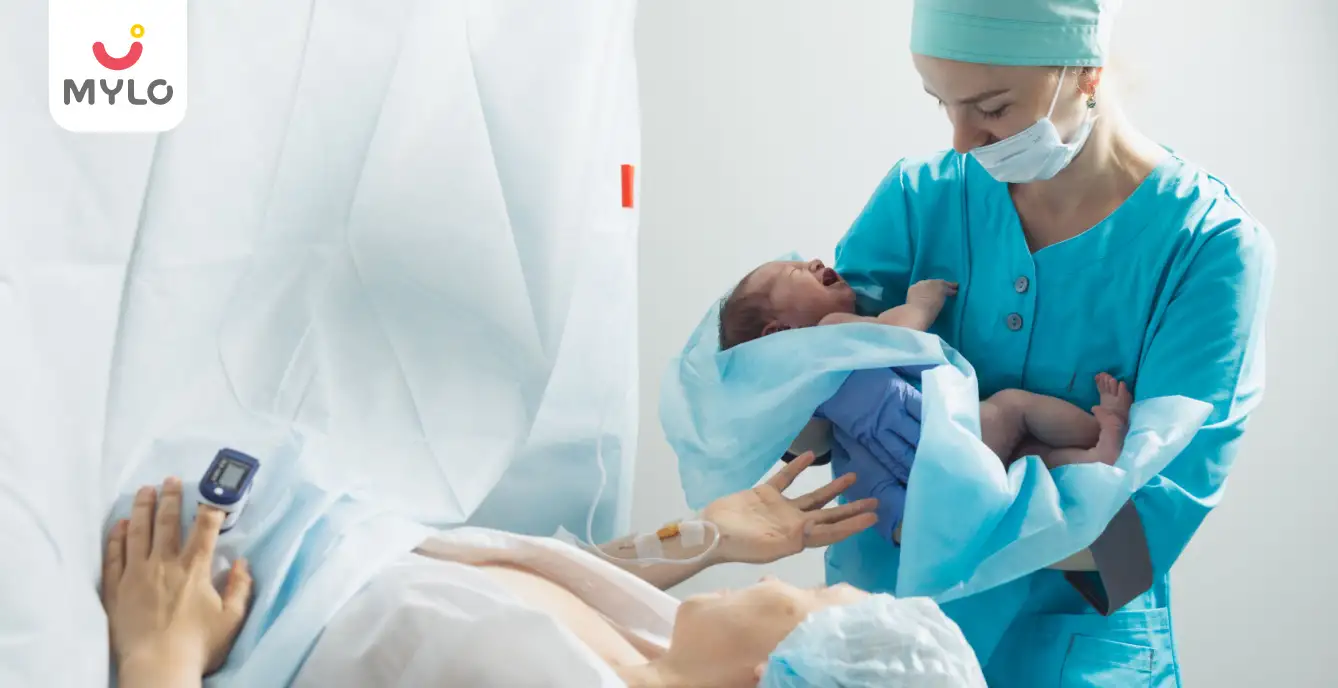
In Vitro Fertilization (IVF)
IVF Baby Delivery: Will You Have a C Section or Vaginal Delivery?
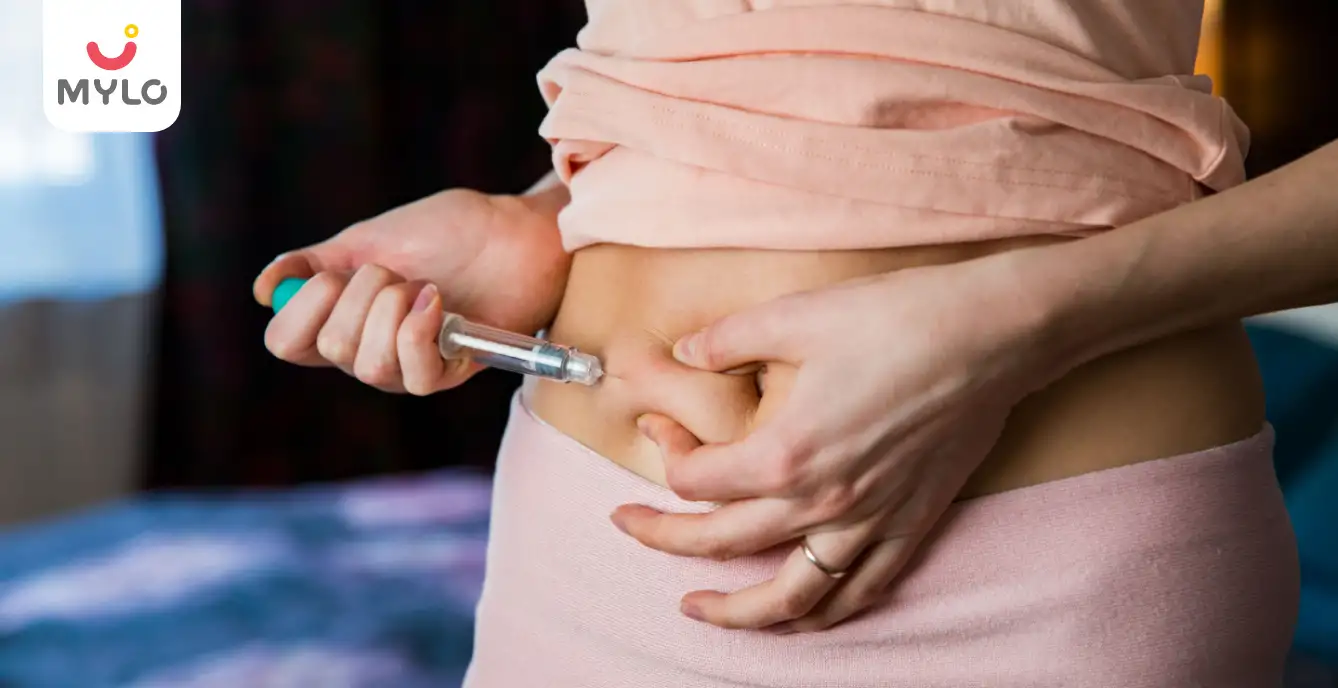
In Vitro Fertilization (IVF)
How Many Injections for IVF Treatment Do You Really Need

Conception
IUI Failure Symptoms & Reasons: Understanding Why IUI Fails & What to Do Next
- Lactose Intolerance in Babies: A Parent’s Guide to Identifying and Managing it
- TESA IVF: How This Procedure Can Help You Achieve Your Dream of Parenthood
- How Can You Encourage Sensory Play for Your Baby and What are Its Benefits?
- After How Many Weeks IVF Pregnancy Is Safe: Understanding The Ideal Timeline
- Exploring the Senses: 9 Incredible Benefits of Sensory Play for Your Child's Development
- The Ultimate Guide to Childproofing Your Home
- Start Their Love for Reading Early: The Best Books for Baby's First Library
- CMPA (Cow's Milk Protein Allergy): Identifying Symptoms and Understanding Treatment
- Birth Control Options While Breastfeeding: Balancing Parenthood and Contraception
- Period During Breastfeeding What Every New Mother Should Know
- Role of Stories and Rhymes in Your Baby’s Brain Development
- Intracytoplasmic Sperm Injection (ICSI) How It Can Help Treat Male Infertility
- Baby Sleeping While Breastfeeding: Understanding the Causes and Solutions
- Lump in Breast During Breastfeeding How to Identify, Treat, and Prevent Lump Formation


AWARDS AND RECOGNITION

Mylo wins Forbes D2C Disruptor award

Mylo wins The Economic Times Promising Brands 2022
AS SEEN IN
















- Mylo Care: Effective and science-backed personal care and wellness solutions for a joyful you.
- Mylo Baby: Science-backed, gentle and effective personal care & hygiene range for your little one.
- Mylo Community: Trusted and empathetic community of 10mn+ parents and experts.
Product Categories
baby carrier | baby soap | baby wipes | stretch marks cream | baby cream | baby shampoo | baby massage oil | baby hair oil | stretch marks oil | baby body wash | baby powder | baby lotion | diaper rash cream | newborn diapers | teether | baby kajal | baby diapers | cloth diapers |




